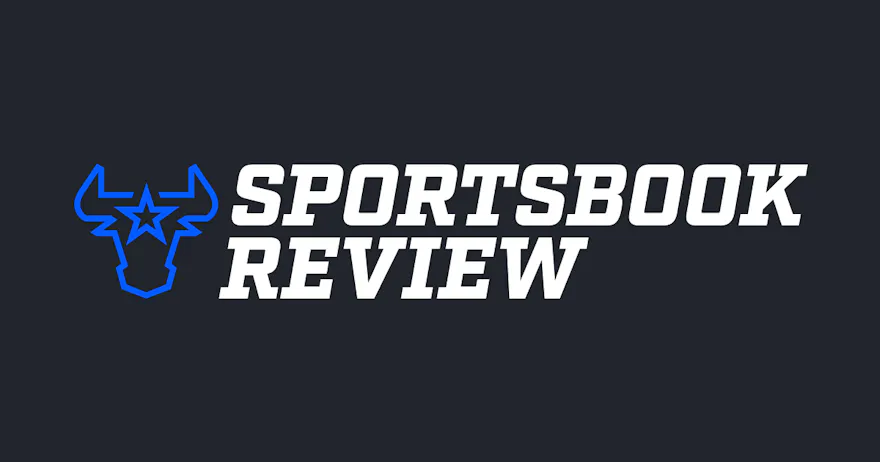US Legislators Aim to End Federal Excise Tax on Legal Sports Betting

The legal sports betting industry in the US continues to be a good news story as actual marketable, bankable North American sports action returns. On Friday, a new bill aimed at repealing the federal excise tax on sports betting was introduced in Congress. That bill hopes to give legal providers a bit more of a boost while at the same time, moving people from the black sports betting markets to more regulated, legal channels.
It is not the first time that such legislation has been proposed in the US but it appears to be the most serious. Representatives tried to repeal the tax back in 2014 and 2017 as well. The latest was created by co-chairs of the Congressional Gaming Caucus Rep. Dina Titus (Nevada) and Rep. Guy Reschenthaler (Pennsylvania) and has been done with the support of the American Gaming Association. The good comes in the form of a less-burdensome operating platform for operators. The bad comes in the form of millions of lost tax revenue for the country every year, which came in at $33 million in 2019.
What the Excise Tax Is
The excise tax, which is more commonly known as the "handle tax" is a 0.25% tax on gaming businesses, paid on the total handle for legal wagers in the US, with the exception of sports bets taken in by state lotteries or wagers on horse racing around the US. Obviously, the tax is only collected from legal betting providers – those illegal platforms are free of the 0.25% tax on every dollar that comes in.
There is also a requirement in the "handle tax" for sportsbooks to pay an annual $50 per employee tax for anyone that deals with accepting bets. This too will go away under the new bill, essentially ending the practice of penalizing employees that provide betting services.
"The handle tax makes it more difficult for legal gaming establishments to compete with illegal operators. Repealing it will push more consumers out of the black market and into a well-regulated market,” said Dina Titus, one of the co-authors of the new bill.
Her partner in drafting the new bill Guy Reschenthaler added that “At a time when so many employees in the industry are struggling, this bill ends the counterproductive practice of penalizing employers for creating jobs by eliminating a per-employee tax”.
Why Its Gotta Go
The handle tax has been around since 1951 and was initially meant to target illegal gambling rings and to pay for law enforcement to infiltrate and shut down such organizations. With sports betting now legal in more than half of US states, the tax appears to be doing the opposite, hindering legal betting outlets and perhaps forcing them to post worse odds that their illegal competition in order to make up for the outgoing tax cash.
“Though originally enacted as a tool to curb illegal gambling, these antiquated federal taxes now give illegal operators a leg up,” said Bill Miller, president, and CEO of the American Gaming Association.
Another reason that has been cited for ridding the excise tax is what we have learned from the legal gambling industry since 2018 and that is there are low margins for the business as a whole, making any sort of extra payment tough for the industry to swallow.
“Illegal wagering operators generally have little overhead and virtually no tax or regulatory compliance outlays,” Miller testified. “Repealing the federal excise and head taxes levied on legal sports wagering operations is one important step Congress can take to help level the playing field and allow legal, regulated sportsbooks to more effectively compete”, said Miller in testimony before the Senate Judiciary Committee last week.
In the End…
The handle tax is being viewed as a major hindrance to an industry that is struggling its way out of the COVID-19 crisis. The tax is also seen as an unfair, antiquated practice against an industry that has become a major employer and tax contributor in the US.
The latest attempt to eliminate the handle tax seems to have some legs this time and with the support of the American Gaming Association, it could gain traction quickly and more effectively. In turn, the bill’s chances this time are good and a more level playing field for legal gambling providers could be just around the corner.







